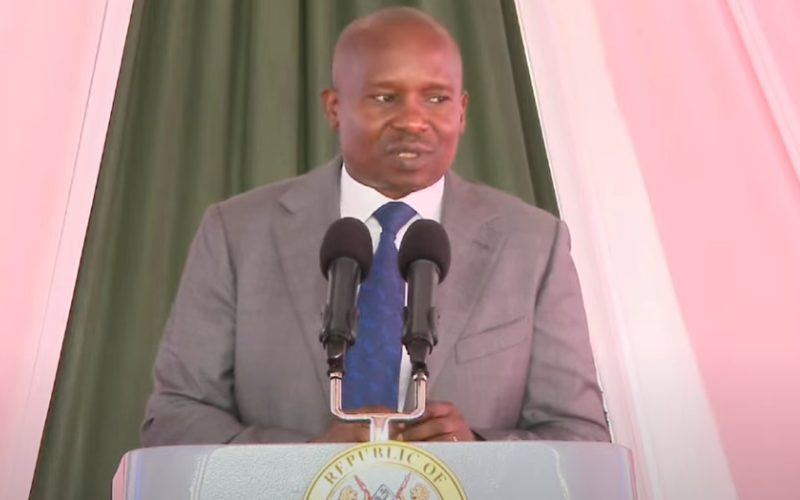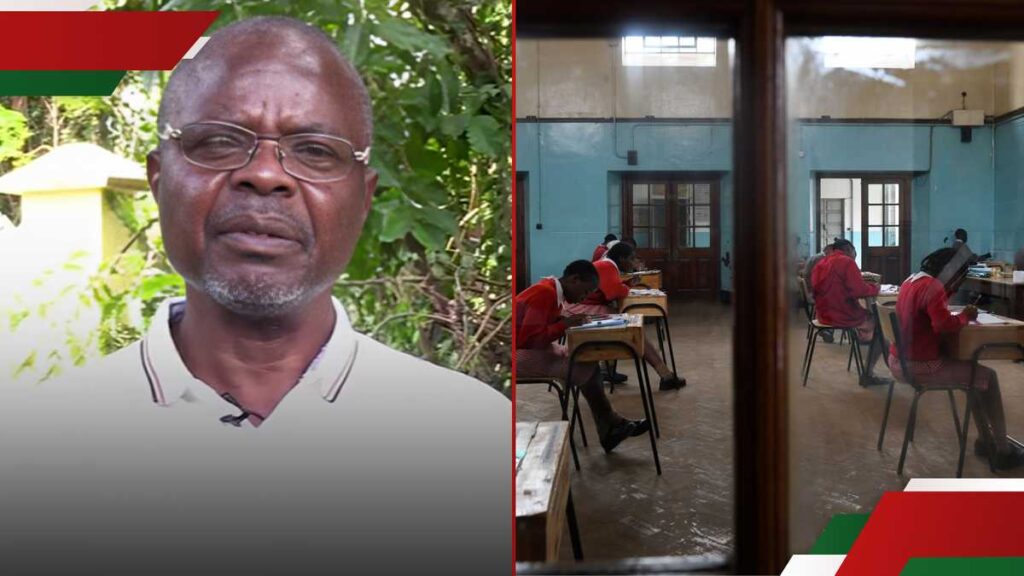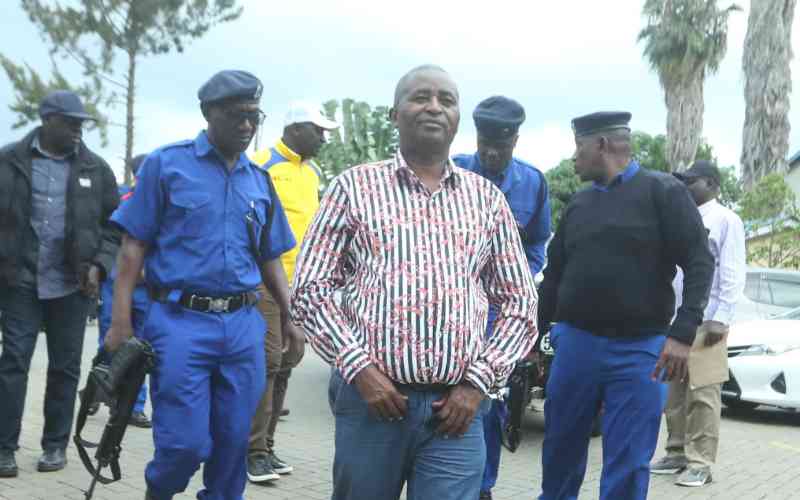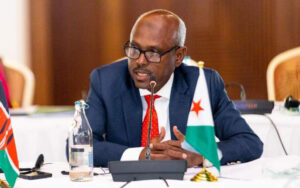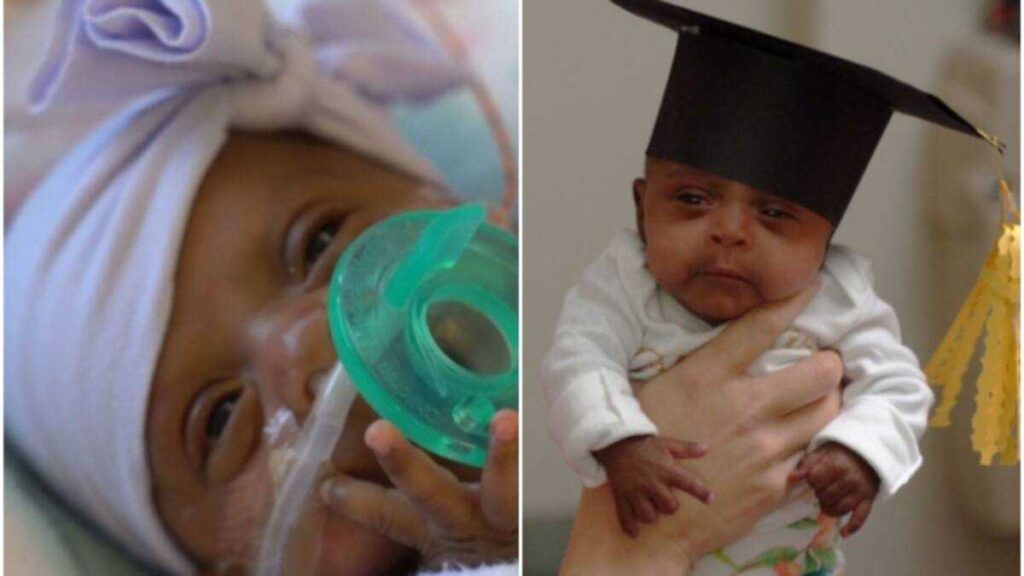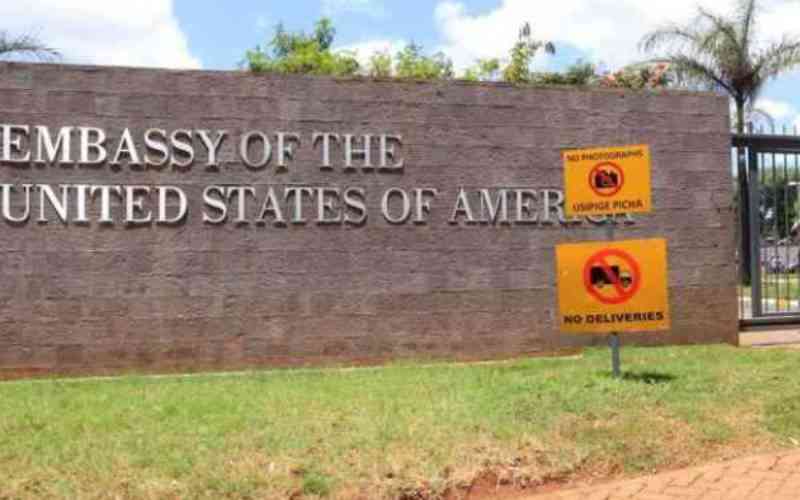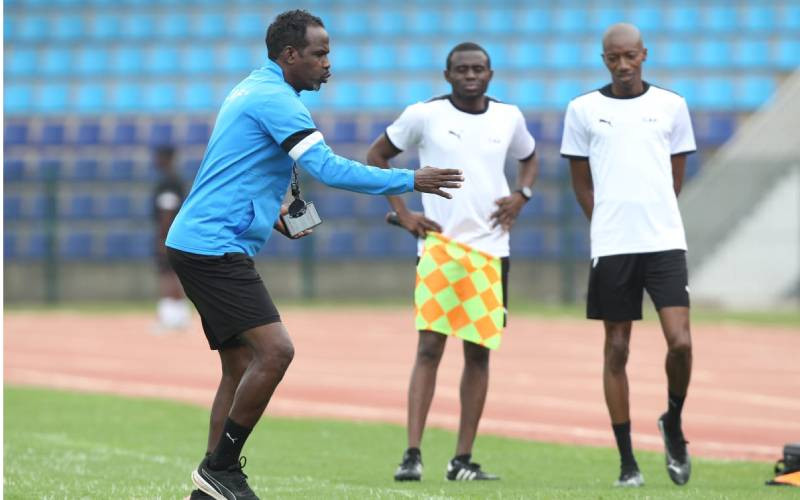Deputy President Kithure Kindiki has taken receipt of shortcomings of the Social Health scheme highlighted by members of the public, explaining how the government plans to improve its service delivery.
This comes at a time when key government stakeholders in the health sector are convening for a high-level consultative meeting on the status of implementation of Universal Health Coverage in the country.
Speaking at the meeting in Karen, Nairobi County on Monday morning, DP Kindiki highlighted seven ways state actors are planning to ensure SHA services remain accessible and effective for all members of the public.
“Universal Health Coverage and Taifa care is the most consequential invention that this government is making. It is personal to every Kenyan and to every household and given its importance, we are not leaving anything to chance and I just want to plead with all stakeholders, development partners, government agencies, national and county governments, we have a moment to make history,” Kindiki says.
“Even some of the most advanced economies have struggled with implementing UHC services. We are determined not because of anything else but because we believe this economic transformation of our country relies on a healthy population. Therefore, health and perhaps education are the sectors that will help us transform Kenya,” he adds.

First, the Deputy President says the government plans to upscale the rollout and firm up the initial turbulence.
“First we need to firm up contributions, as many of us are aware,”
Secondly, Kindiki proposed the review of the Means Testing Tool for SHA contributions as a way of addressing concerns raised by Kenyans and averting overburdening them.
“Review the Means Testing tool, we will have a new tool to make sure it [the system] is accurate, to make sure we provide quality healthcare to Kenyans. The tool will be informed by data and work is underway. The revision is to be done following feedback from the public. So far, once the process is complete, we expect a new and effective rollout soon,” he explains.
The Means Testing Tool assesses an individual’s ability to pay for health insurance contributions by evaluating their income, assets, and expenses, ensuring fair and proportionate contributions based on their financial capacity.
To address the Authority’s funding challenges, the president’s principal assistant says the budgetary allocation for health services has been revised upwards and is due for submission to the National Assembly on Tuesday, 18 February.
“The government has taken measures through the Supplementary budget to be presented to the National Assembly tomorrow. This is to increase funding for emergency [or even] critical pay and chronic illness,”
The state is also planning to ensure unity among health stakeholders to ensure continuity in health services provision.
DP Kindiki also says the state will look into the aspects of human resources (health service providers) by ironing out issues between the two levels of government, fair remuneration of medical interns, and honouring Collective Bargaining Agreements signed by medics and the government.
Stay informed. Subscribe to our newsletter
Additionally, Kindiki says there are plans to review the country’s state of health facilities and assess their capability to provide health services, with an emphasis on digital health and digitisation of health services.
“Some of the development partners have made sudden policy changes on financing programs in the health sector recently. I assure the nation that we remain focused to ensure any policy decision by our development partners does not affect delivery of healthcare services to the people of Kenya. Our objective is to make sure no decision that is made by development partners affects the quality of healthcare to the people of Kenya. We are making all necessary contingencies and arrangements to ensure no disruption of services to the people of Kenya,”
Meanwhile, Health CS Debora Barasa has proposed an increase in Intensive Care’s daily funding to Sh28,000, up from Sh4,480 per day. She also wants to raise the annual oncology funding to Sh500,000 from Sh400,000 per household annually.
However, Council of Governors Chair Ahmed Abdullahi has highlighted setbacks experienced in the counties’ health sector, saying counties are owed Sh7.5 billion in unpaid NHIF claims.
“There have been delays in implementing capitation for level 2 facilities. The reimbursement is also not timely. Disruption of Health Information Management systems, like the one in HIV, is also a serious challenge. We must take decisive action to ensure sustainability and invest in domestic funding. Health workers’ unrest is a perennial challenge, delayed implementation of RTWF have led to significant unrest among health workers, which poses a threat to the delivery of services,” Abdullahi says.
SHA was adopted by the Ministry of Health in October 2024, to replace the now-defunct NHIF and address integrity issues within the country’s healthcare system.








